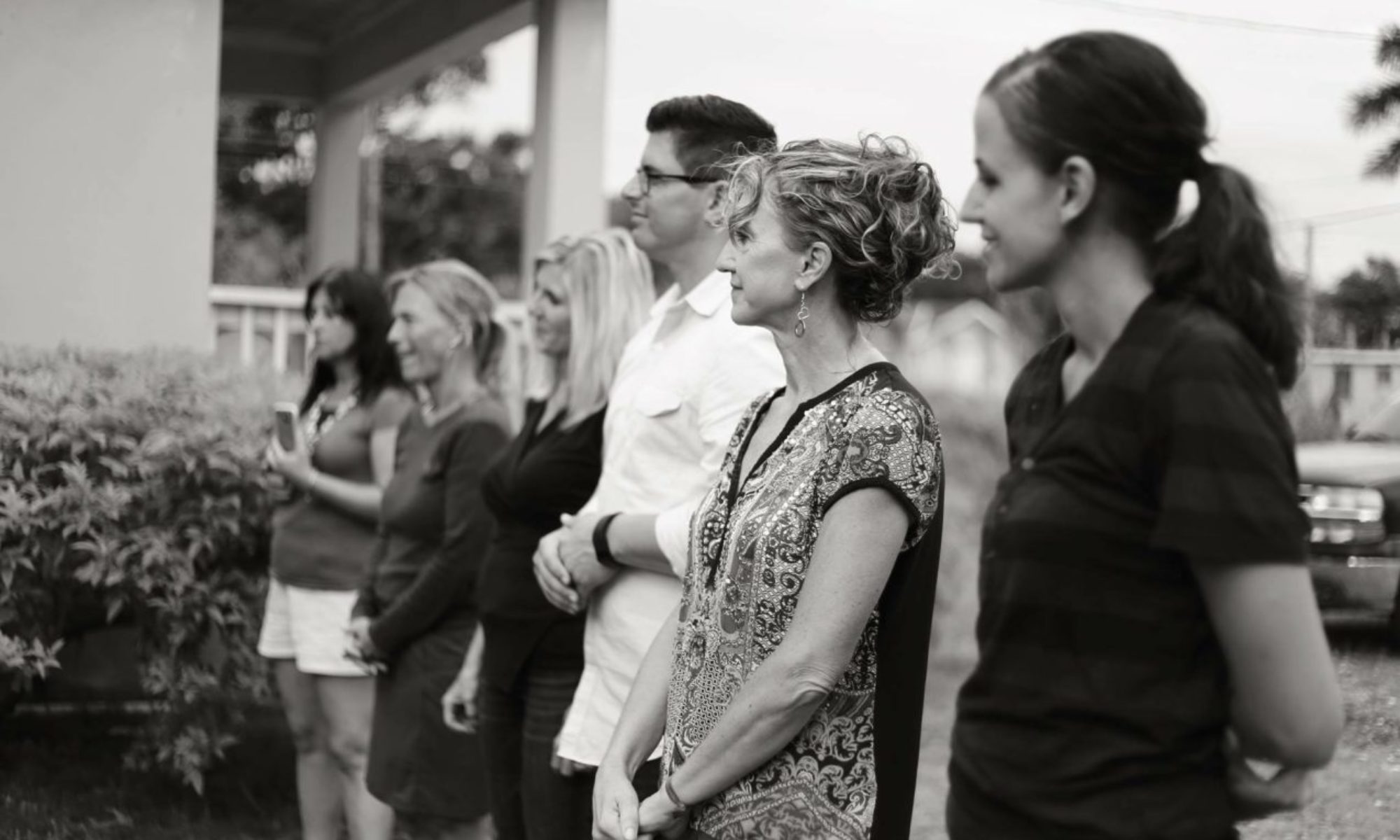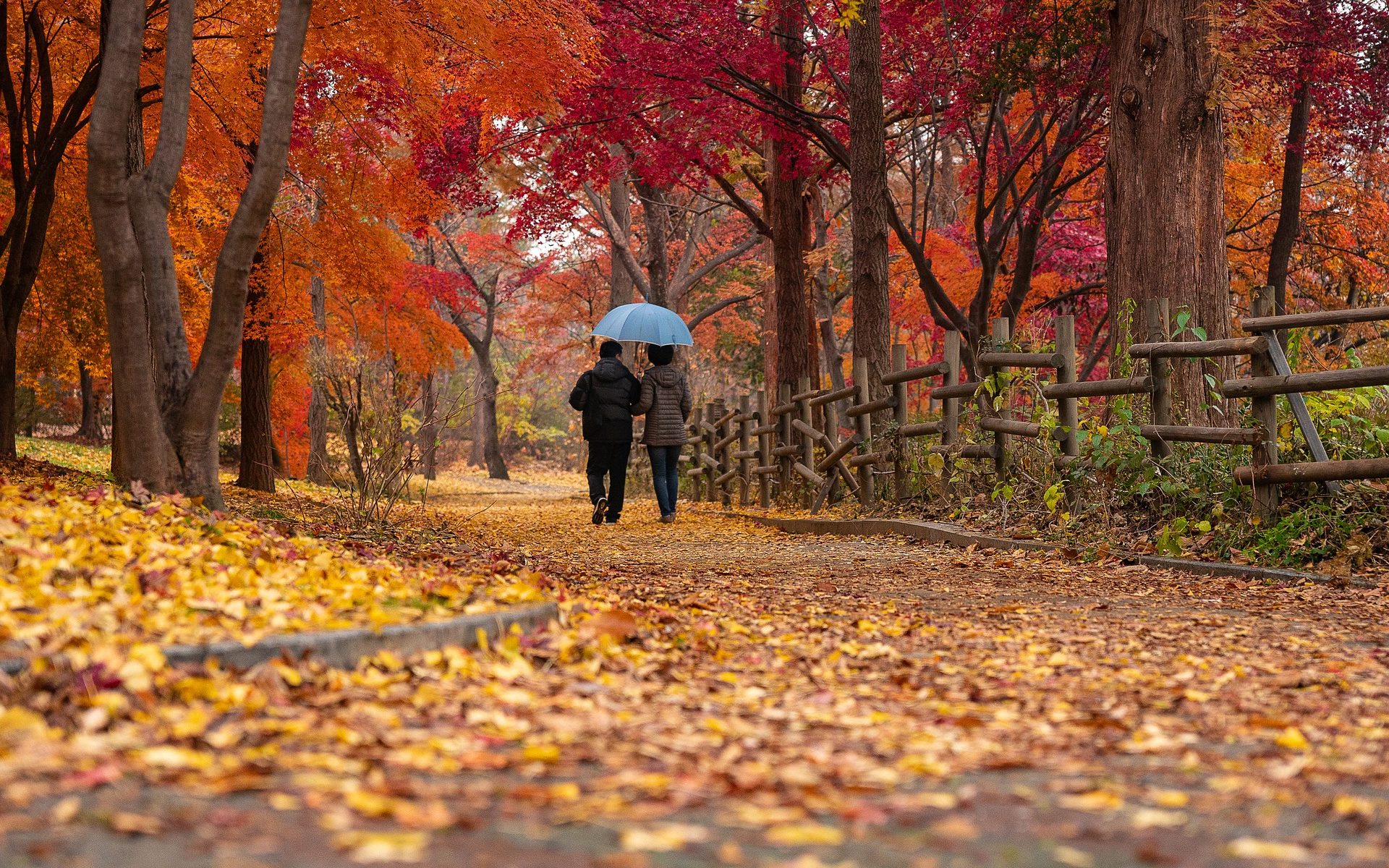We are coming upon the time of Thanksgiving when we gather with those we love to feast on turkey and other traditional foods which include stuffing, mashed potatoes, sweet potatoes, cranberry sauce and pumpkin pie. Although John Adams and James Madison designated days of thanks during their presidencies, it was Abe Lincoln who proclaimed it a national holiday. For 36 years, a noted magazine editor, Sarah, Josepha Hale, published a number of editorials and sent scores of letters to governors, senators, presidents and other politicians launching a campaign to establish Thanksgiving as a national holiday. Abe finally heeded her request in 1863 at the height of the Civil War.
About half the pilgrims survived the first winter in Plymouth. What a risk they took in the yearning for prosperity and land ownership in the “New World.” After spending much of that first winter on the ship suffering exposure, scurvy, and outbreaks of contagious disease, they managed to befriend native American tribes who taught them how to cultivate corn, avoid poisonous plants, and extract sap from the maple trees.
With gratitude they celebrated a three-day feast. Pilgrim chronicler Edward Winslow wrote:
“Our harvest being gotten in, our governor sent four men on fowling, that so we might after a special manner rejoice together, after we had gathered the fruits of our labors; they four in one day killed as much fowl, as with a little help beside, served the Company almost a week, at which time amongst other Recreations, we exercised our Arms, many of the Indians coming amongst us, and amongst the rest their greatest king Massasoit, with some ninety men, whom for three days we entertained and feasted, and they went out and killed five Deer, which they brought to the Plantation and bestowed on our Governor, and upon the Captain and others. And although it be not always so plentiful, as it was at this time with us, yet by the goodness of God, we are so far from want, that we often wish you partakers of our plenty.”
The origins of thanksgiving may preempt the Pilgrim’s feast of 1621. Ancient history depicts annual celebrations spanning cultures, continents, and millennia. The Egyptians, Greeks, and Romans all feasted and paid tribute to their gods after the fall harvest. In 1565, the Spanish explorer Pedro Menéndez de Avilé invited members of the local Timucua tribe to a dinner in St. Augustine Florida, after holding a mass to thank God for his crew’s safe arrival.
In current times we celebrate with parades and marching bands, and we pardon one or two turkeys from slaughter, sending them off to a farm for retirement. And as you celebrate with family this year, let us not forget the original intention of thanksgiving, to thank God for not just the autumn harvest, but for his divine providence. In the words of Zig Ziglar, “Gratitude is the healthiest of all human emotions. The more you express gratitude for what you have, the more likely you will have ever more to express gratitude for.”


